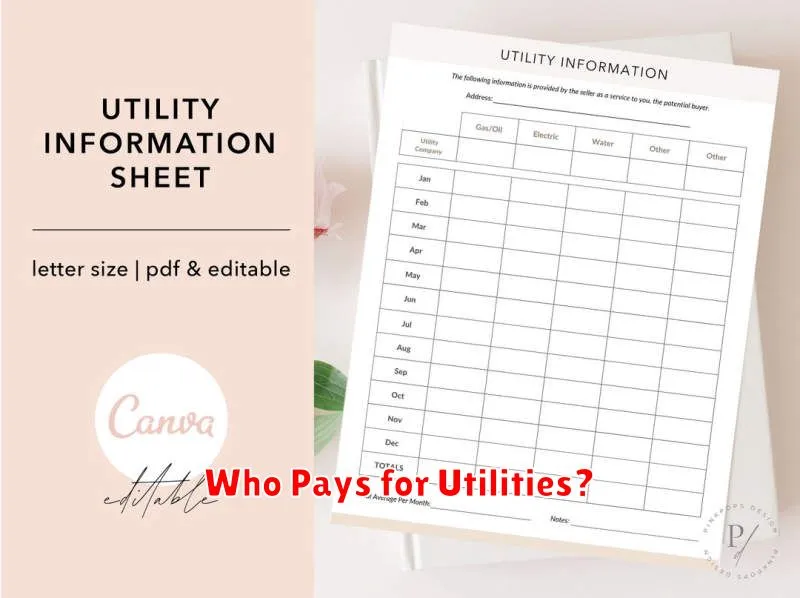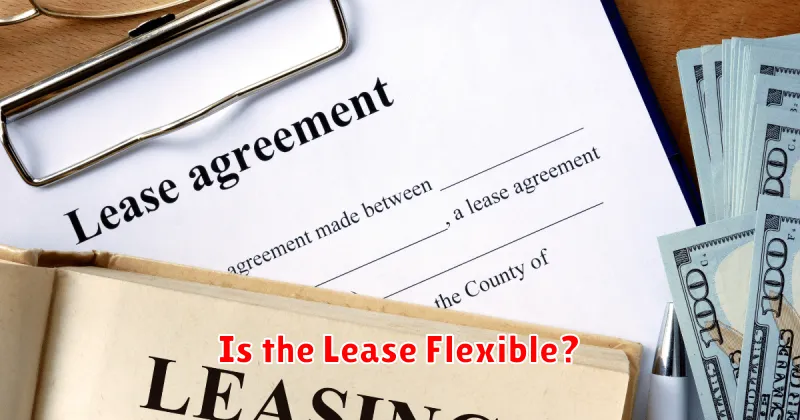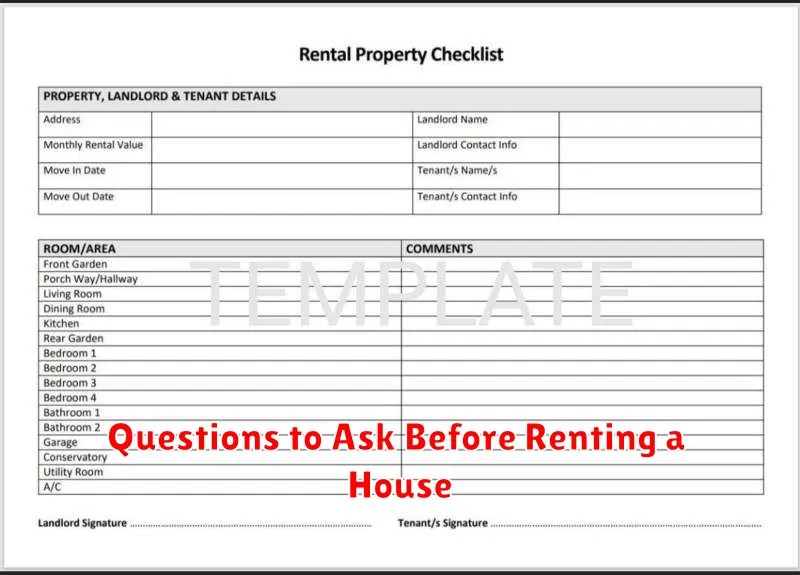Renting a house is a significant decision, encompassing both financial and lifestyle considerations. Before embarking on your house-hunting journey, it’s crucial to ask the right questions. Taking the time to thoroughly assess your needs and the property will help ensure a positive renting experience. This article explores the essential questions to ask before renting a house, covering topics from budget and lease terms to property specifics and neighborhood considerations. Understanding these key aspects will empower you to make an informed decision and secure a rental property that truly suits your requirements.
From budgeting and lease agreements to pet policies and maintenance responsibilities, navigating the rental market requires careful consideration. Asking the right questions beforehand can prevent future headaches and ensure a smooth transition into your new rental home. Whether you are a first-time renter or an experienced tenant, the following questions will provide a comprehensive framework for evaluating potential rental properties and selecting the ideal home for your needs. This guide will address crucial questions to ask before renting a house, empowering you to confidently sign a lease agreement you understand and feel comfortable with.
What’s Included in Rent?
Before signing a lease, clearly understand what is included in your monthly rent payment. This avoids unexpected expenses and ensures you’re getting what you pay for. Utilities are a significant factor.
Ask if the rent covers water, sewage, trash removal, electricity, gas, and internet. Some landlords include some or all utilities, while others leave them to the tenant. Knowing this upfront helps you accurately budget your monthly expenses.
Also inquire about amenities. Are parking, laundry facilities, or access to a gym included? Clarify whether these are covered by your rent or require additional fees.
Finally, don’t forget about other potential costs, like maintenance fees or parking permits. Understanding these details is crucial for making an informed decision about your rental.
What Is the Maintenance Policy?
Understanding the maintenance policy is crucial before signing a lease. Clearly define who is responsible for what.
Inquire about the handling of routine maintenance such as landscaping, pest control, and appliance upkeep. Is it the landlord’s responsibility, or is it expected of the tenant? What is the procedure for requesting repairs?
Emergency repairs require immediate attention. Establish how to contact the landlord or property manager in such situations. Is there a 24/7 emergency contact number? What constitutes an emergency?
Discuss the timeframe for addressing both routine and emergency maintenance requests. A clearly defined maintenance policy can prevent future disputes and ensure a comfortable living experience.
Who Pays for Utilities?

Clarity on utility responsibilities is crucial before signing a lease. Determine which utilities are included in your rent and which you’ll be responsible for paying separately.
Common utilities include:
- Electricity: Powers lights, appliances, and HVAC systems.
- Gas: Often used for heating, cooking, and hot water.
- Water: Essential for everyday use.
- Sewer: Wastewater management.
- Trash/Recycling: Waste collection services.
- Internet/Cable: Communication and entertainment services.
Some landlords include certain utilities in the rent, while others require tenants to set up and pay for all services. Ensure you understand the specific arrangement for your prospective rental.
Are Pets Allowed?
If you have furry, feathered, or scaled family members, finding a pet-friendly rental is crucial. Many landlords have restrictions regarding pets, including limitations on size, breed, or even species. Some properties may not allow pets at all.
Be upfront about your pets. Ask about any pet deposits, monthly fees, or specific pet rules. Providing references from previous landlords about your pet’s good behavior can strengthen your application. Clarify the property’s pet policies in writing before signing a lease to avoid any misunderstandings later.
Even if a property is advertised as pet-friendly, it’s still essential to ask specific questions about allowed breeds and sizes. Some “pet-friendly” properties have restrictions you need to be aware of.
Is the Lease Flexible?

Lease flexibility is a key factor to consider. Standard leases are typically for 12 months. However, your circumstances might require a shorter or longer term.
Inquire about the following:
- Short-term leases: Are shorter lease terms (e.g., 6 months) available? If so, is there a premium associated with a shorter term?
- Long-term leases: Can you secure a lease longer than 12 months (e.g., 2 years)? This can provide price stability and avoid the hassle of renewing annually.
- Early termination options: Understand the penalties involved should you need to break the lease before the term expires. What are the specific conditions and costs?
Having a clear understanding of the lease terms and any associated flexibility will prevent surprises and ensure the agreement aligns with your needs.

